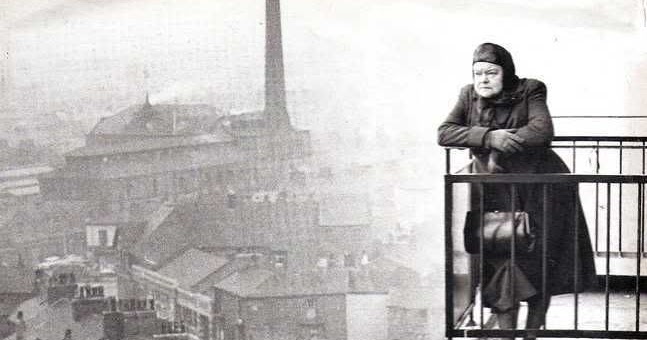We’re approaching the Abridged’s 15th year so we are looking back (and forward) a little…
There has been quite a bit in the newspapers recently about the lack of the working class in the arts. The Abridged is the product of a Derry Tarmac and Pebble-Dash Council Estate no matter how esoteric we are considered. Back in the day everyone we knew that was vaguely ‘alternative’ or ‘artistic’ ended up on an ACE (Action for Community Employment – though our memory is a bit hazy on that so we could be mistaken in our acronyms) which basically meant you had the potential to do something vaguely interesting for an extra few quid on top of the dole. When that was inevitably abolished (good things never last long) you could still get a tenner a week more on your dole for ‘volunteering’ in the arts. Later again came the Kickstart etc schemes which if an organisation paid half of (admittedly) minimum wage the government would make up the other half. The point is there were at least incentives for working class people to get into the ‘Arts’ world and at the same time earn at least something.
“There is only one class in the north, and that’s working class, and if you’re a woman you will be slightly brassy and a bit blowzy; if you’re a man you’re either aggressive or you’re angsty and poetic. That is the entire north in a nutshell.” (https://www.theguardian.com/culture/2018/apr/16/arts-industry-report-asks-where-are-all-the-working-class-people)
Now that the benefits system has become a punitive bureaucratic governmental cannon aimed at anyone that forgets even to tick a box the percentage of working class people in the arts will be even lower. Universal Credit will hit the arts hard as working tax credits which theoretically are supposed to assist those in self-employment not earning very much will be replaced with the dismissal of unsustainable ‘businesses’ i.e. artists, actors, writers etc whose average wage is usually between 6 and 8 thousand per year will have to do something that is more sustainable.
The arts world has turned working-class people into a problem to be solved rather than audience members or artists to be developed. (https://www.theguardian.com/stage/2018/jun/05/arts-working-class-people-britain-theatre)
Of course it could be argued that the arts have always been the domain of a privileged elite at best and a white middle-class at most and that it was only for a few decades when non payable back grants were available for people and schemes for fledgling organisations that the ‘sector’ opened up to others. The Blair Government saw the Arts as not a thing in themselves but as a vehicle for social improvement however that is defined. Artists were encouraged to consider how #socially engaged they were and #arts education was prioritised in the publicly funded sphere. Government forced funders to make those they fund instrumentalise their practice. Inevitably this meant working class communities were considered a thing to be ‘fixed’ through workshops and seminars. Inevitably numbers became more important than quality. The new curatorial courses in the visual arts in particular have resulted in a somewhat unfortunate tendency of curators idolising the working class revolts in a conceptual/aesthetic frame, usually Marxist or again something to be helped which makes them akin to characters in a play rather than real people. Assemble winning the Turner Prize comes to mind.
It’s a dead end. Whilst not decrying the health impact of the arts we shouldn’t see them as part of the social services sent in to help problem families. We don’t force kids to run marathons even if the level of obesity is at an all-time high so why should we force art on them? We shouldn’t see people as things to be fixed. Rather we should see them as potential writers, artists, actors, whatever and give those who want to the means to try and be that. Of course there is a neo-Victorianism mixed with a neo-Liberalism that see the working class as something ‘wrong’ to be corrected. Both the Left (weirdly) and Right haven’t a great recent record on this lately.
We’re approaching our 15th year of Abridged. We couldn’t have done it without the marvellous public funding of the Arts Council, the understanding and generosity of various local organisations and of course the support of poets and artists from throughout the world. We do realise how difficult it would be starting out now. We would like to believe talent and ambition will get a person where they want to do but as a rule we’re not that naive. If you can afford to do unpaid placements in organisations run by a family friend you will generally have a head start already. If you went to school or university or go on holiday with those in charge even better. Social capital is good capital to have. It says a lot that we’re wishing that the ACE schemes were brought back…

